Find Help
More Items From Ergsy search
-
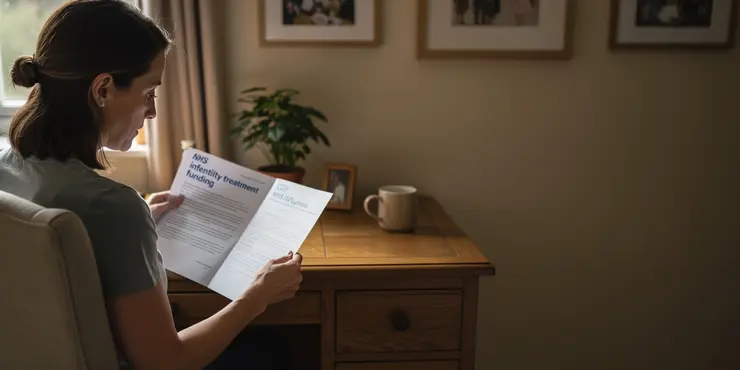
How to apply for NHS funding to treat infertility
Relevance: 100%
-
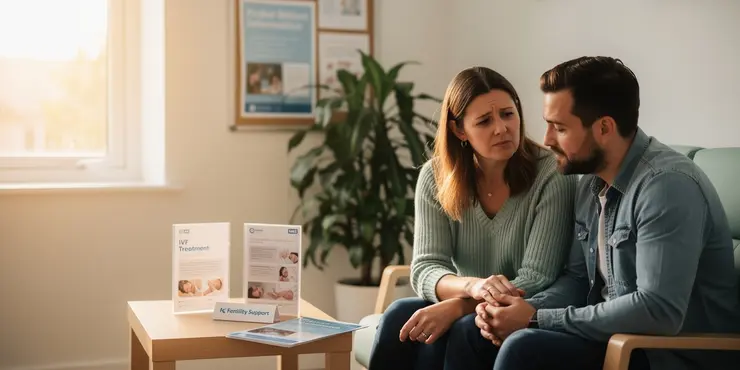
Infertility - IVF Treatment and Patient Information
Relevance: 78%
-

Female infertility explained
Relevance: 73%
-
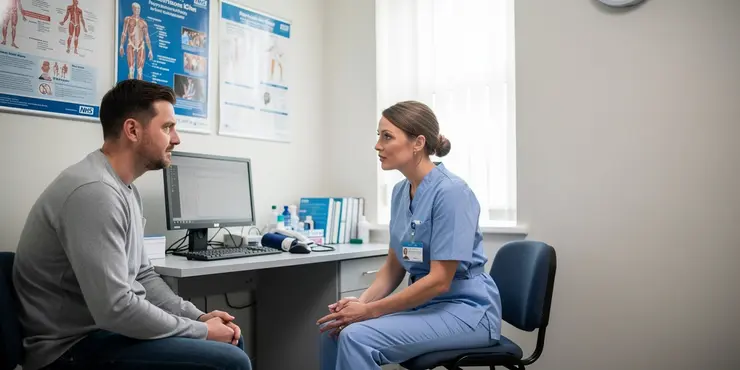
What are the reasons for male infertility?
Relevance: 67%
-

What are the reasons for female infertility?
Relevance: 66%
-
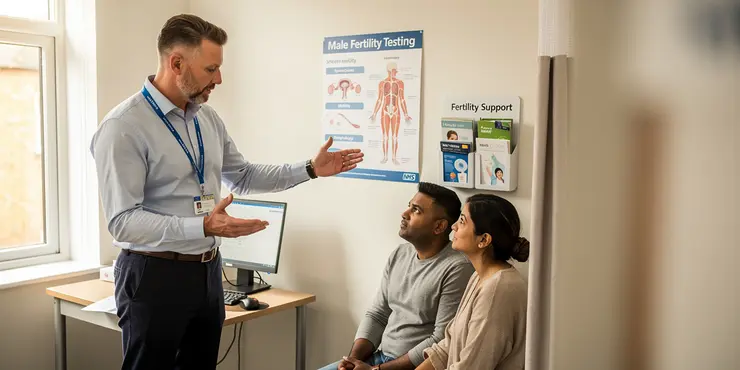
Ian Stones - Test him - Male Infertility
Relevance: 63%
-

What can pension fund members do if their fund is at risk of failing?
Relevance: 49%
-
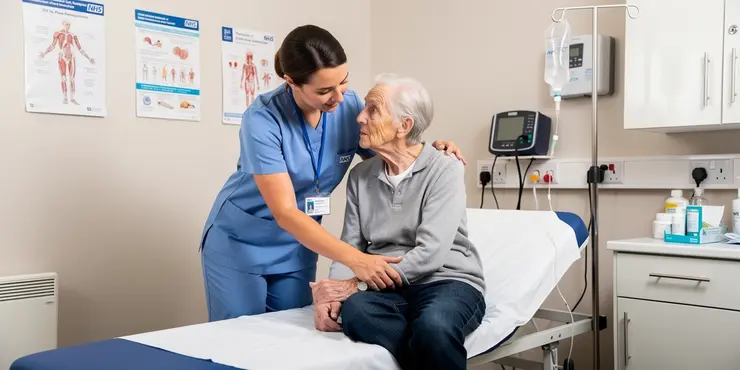
What is the Pension Protection Fund?
Relevance: 47%
-
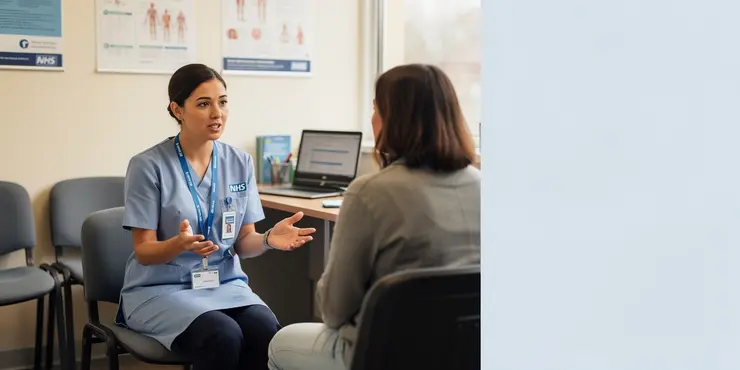
How significant is the reduction in funding for AIDS, Tuberculosis, and Malaria research?
Relevance: 46%
-
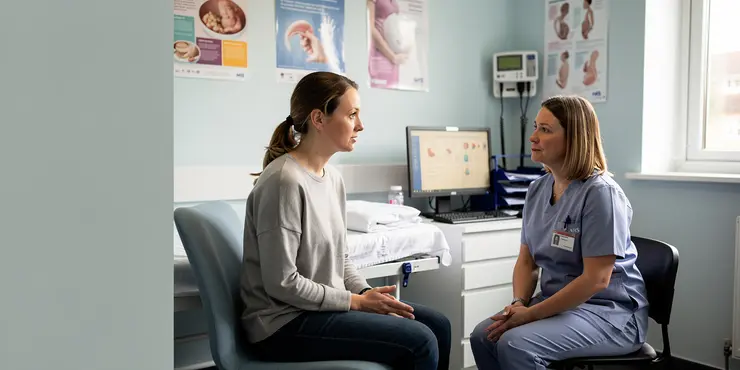
IVF Fertility Treatment from MumsNet
Relevance: 46%
-
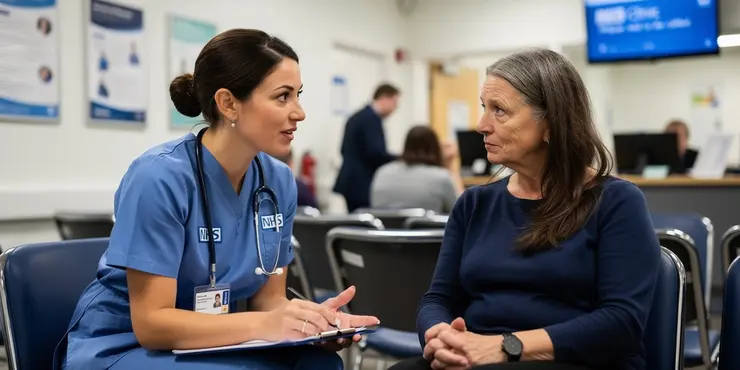
How are Postcode Lottery funds allocated?
Relevance: 46%
-
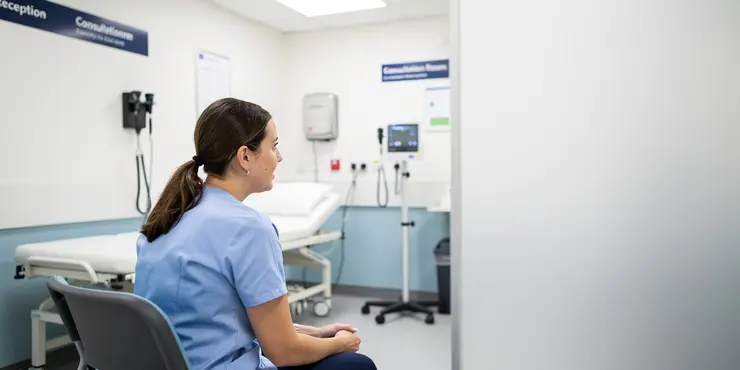
Government Announces Funding Boost for Digital Health Innovations
Relevance: 45%
-
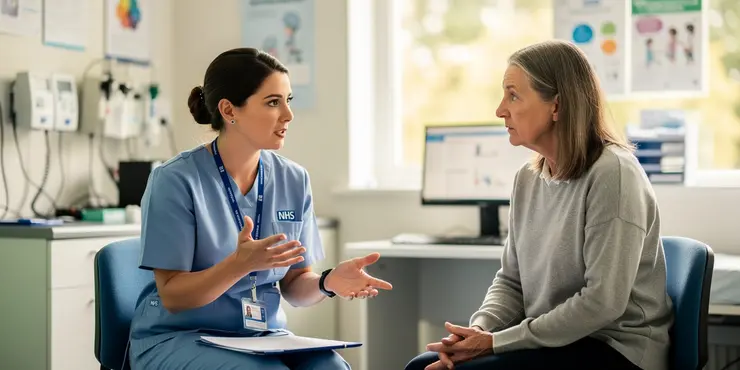
How do water companies fund infrastructure updates?
Relevance: 44%
-
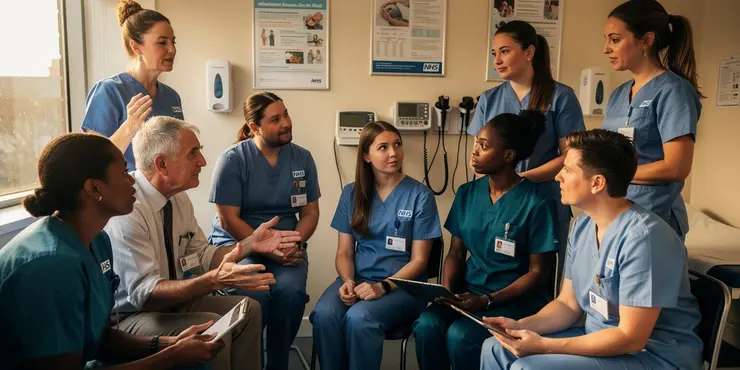
Why do pension funds go bust?
Relevance: 44%
-
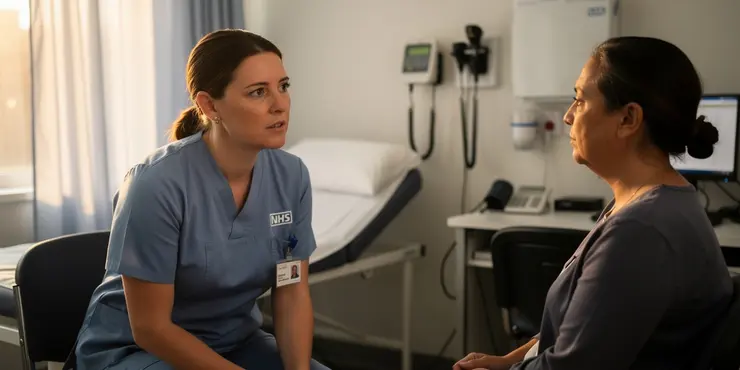
Why is the UK cutting funding to AIDS, Tuberculosis, and Malaria research?
Relevance: 44%
-
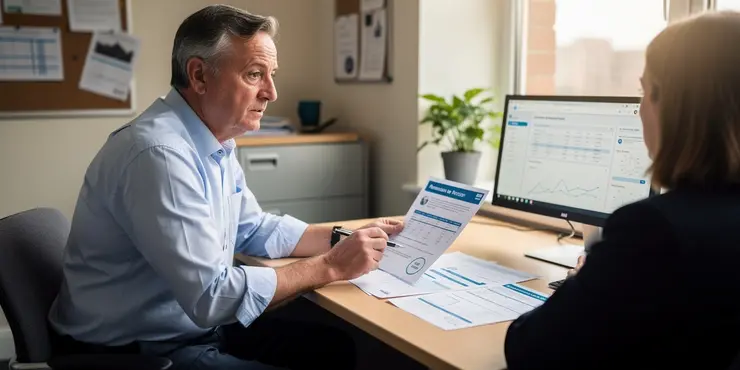
How does insolvency impact pension funds?
Relevance: 43%
-

Who provides the funding for free school meals in the UK?
Relevance: 42%
-
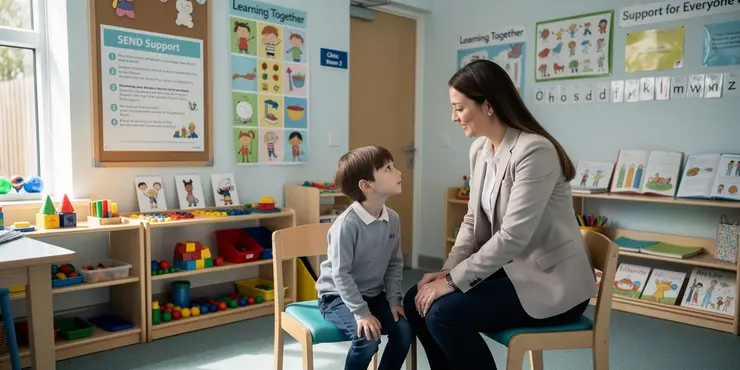
How do funding and resources affect SEND support?
Relevance: 42%
-

What funding options are available for nursing students in the UK?
Relevance: 41%
-
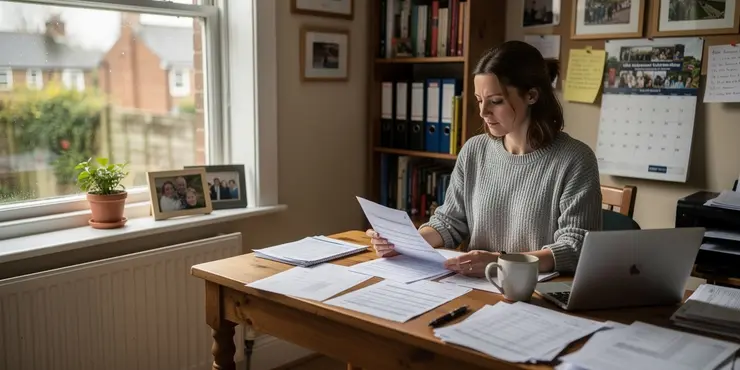
How long does it take to receive funds after I apply?
Relevance: 40%
-
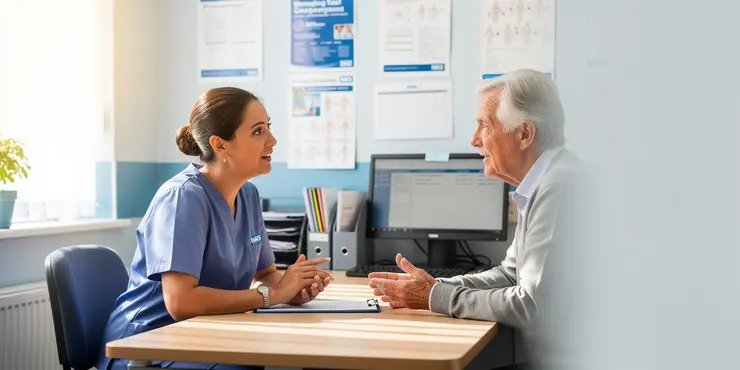
Can I get pension advice directly from pension fund providers?
Relevance: 36%
-
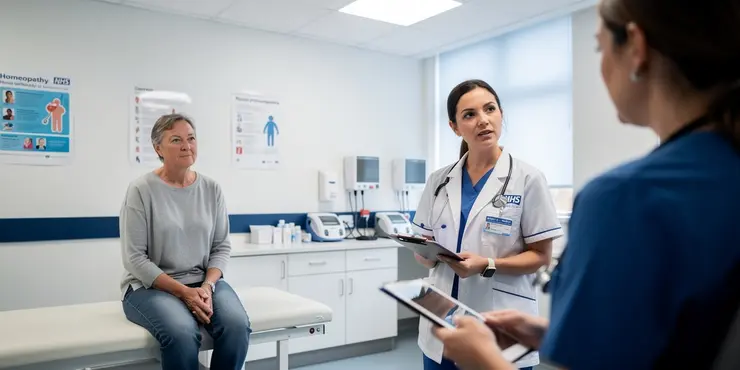
Are homeopathic treatments covered by the NHS?
Relevance: 35%
-
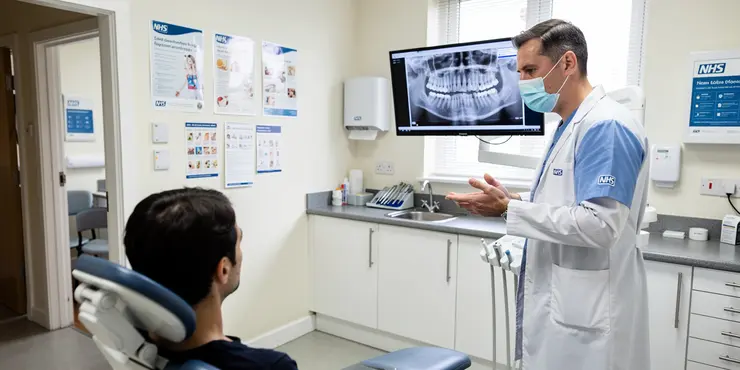
Will Brexit affect my access to NHS dental treatments?
Relevance: 34%
-
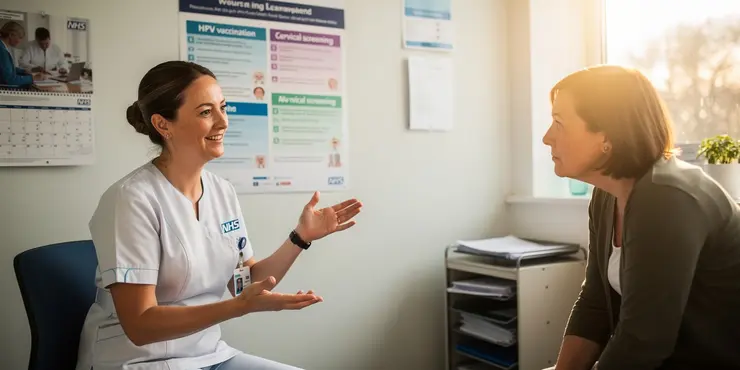
Can HPV cause infertility?
Relevance: 34%
-
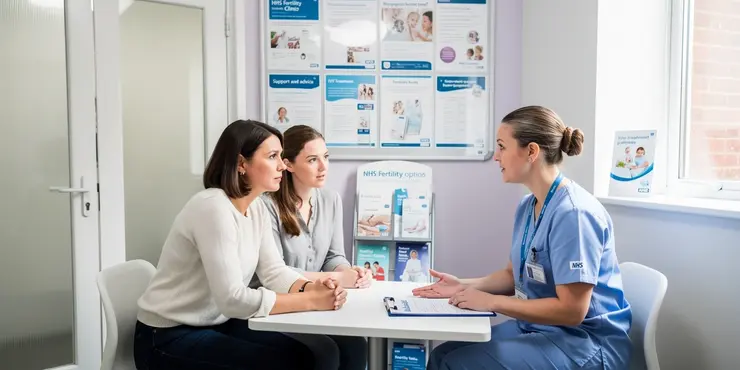
Fertility treatments on the up, but not via the NHS
Relevance: 33%
-

How do clinics determine if IVF is the right option?
Relevance: 32%
-
Can I receive specialized treatment in EU countries?
Relevance: 31%
-
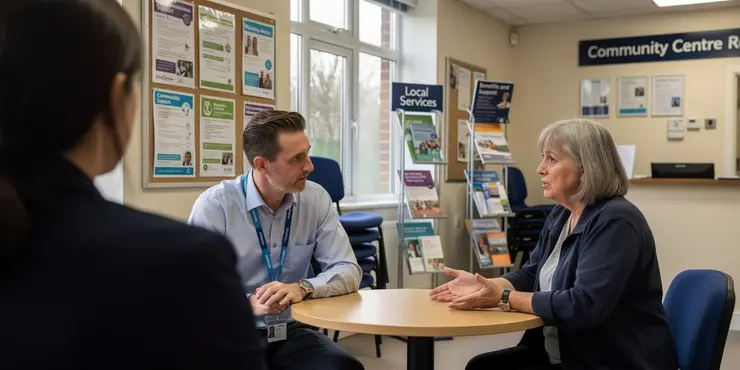
Local Councils Call for More Funding to Support Rising Homelessness
Relevance: 30%
-

Who might need IVF?
Relevance: 30%
-
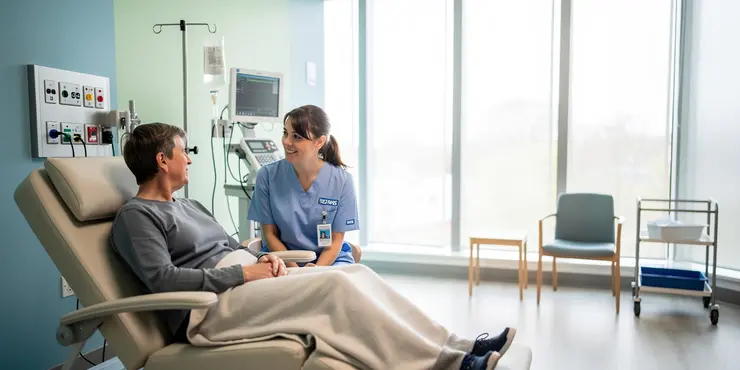
Having chemotherapy and other treatments in the Day Treatment Unit
Relevance: 29%
-

What are the steps to arrange medical treatment in an EU country?
Relevance: 29%
-
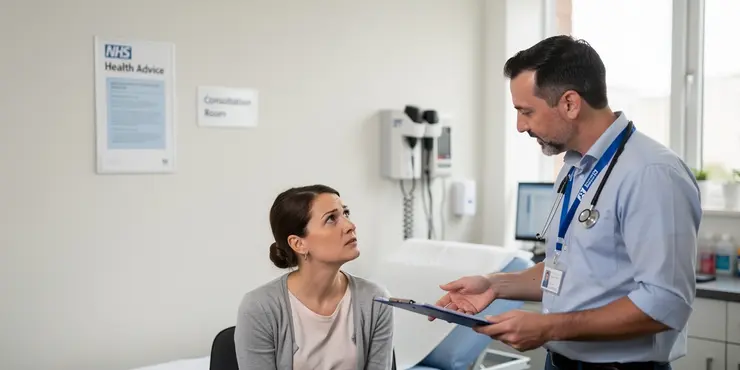
Can women use Abiraterone for treatment?
Relevance: 29%
-
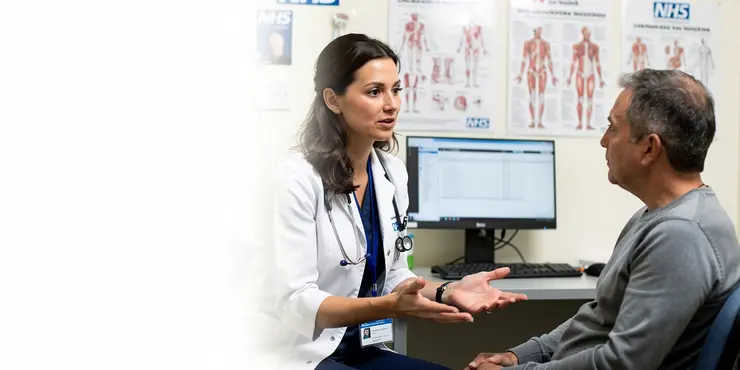
Is Paillon treatment used in any clinical trials?
Relevance: 29%
-
Is there a treatment for measles?
Relevance: 29%
-
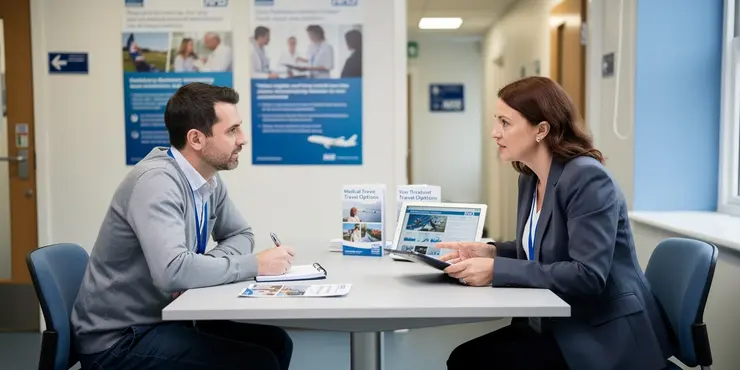
Can I travel to EU countries for medical treatment?
Relevance: 29%
-
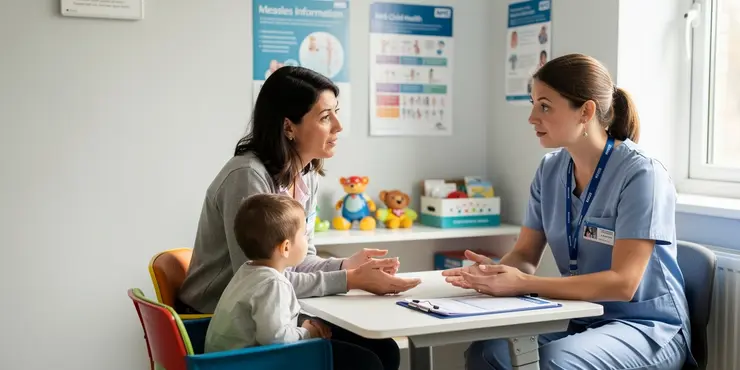
Is there a treatment for measles?
Relevance: 28%
-
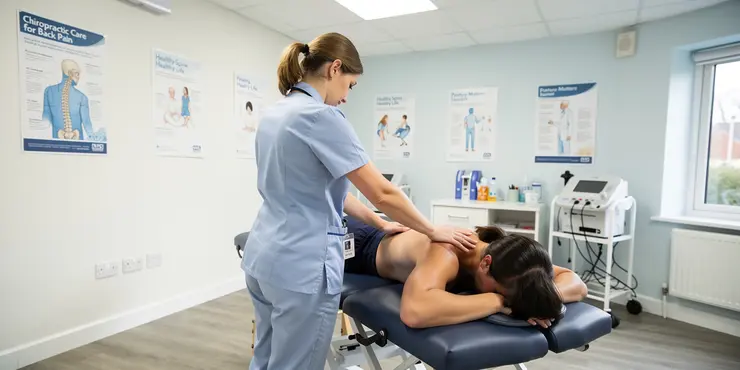
Are chiropractic treatments safe?
Relevance: 28%
-
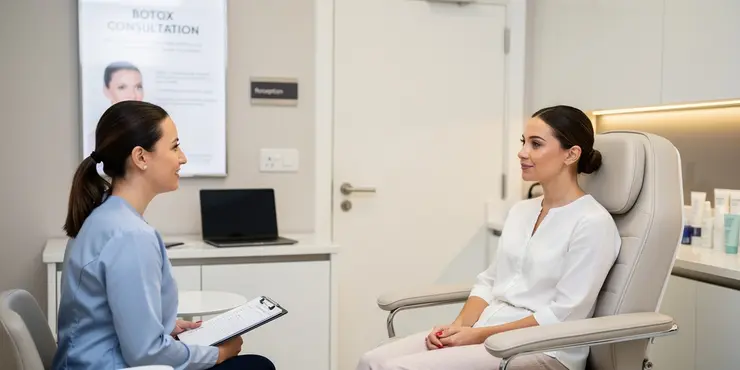
Is Botox treatment expensive?
Relevance: 28%
-
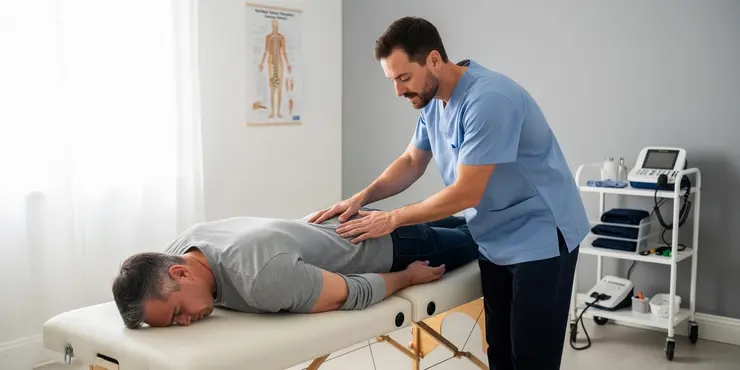
Are chiropractic treatments painful?
Relevance: 28%
-
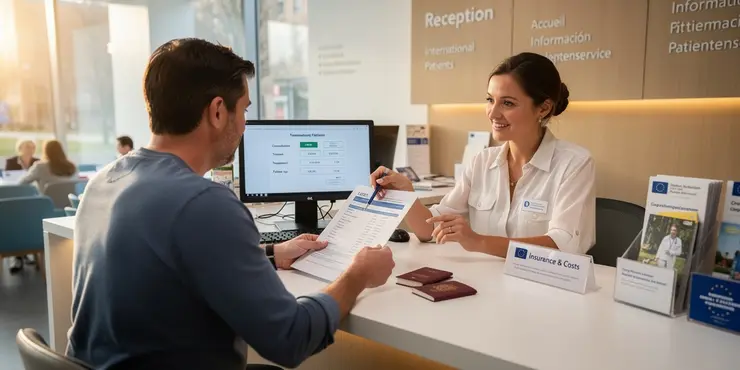
Will I need to pay for medical treatment upfront in the EU?
Relevance: 28%
How to Apply for NHS Funding to Treat Infertility
Understand the Eligibility Criteria
Before applying for NHS funding to treat infertility, it's crucial to understand the eligibility criteria. The NHS has specific guidelines based on factors such as age, body mass index (BMI), and existing children. Generally, women under 40 years old who have been trying to conceive for over two years or have undergone several unsuccessful cycles of artificial insemination may be eligible for funding. Make sure to consult your GP or local Clinical Commissioning Group (CCG) for precise requirements.
Consult Your GP
The first step in applying for NHS funding is to consult your General Practitioner (GP). Your GP will evaluate your medical history, provide initial advice, and may perform some preliminary tests. If your GP believes you meet the criteria for infertility treatment, they will refer you to a fertility specialist.
Get a Specialist Referral
Once referred, you will have an appointment with a fertility specialist who will conduct more detailed tests and assessments. This specialist will determine the appropriate treatment plan, which could include options like IVF, ICSI, or IUI. Based on their findings and your eligibility, they will recommend applying for NHS funding.
Understand the Referral Process
The fertility specialist will liaise with your local CCG to get approval for funding. Different CCGs have different criteria and budgets, so what is available can vary significantly across regions. It’s important to check with your local CCG about their specific funding policies for infertility treatments.
Follow-Up and Approval
After the referral submission, the application will be reviewed by the CCG. This process can take a few weeks to months. If approved, you will receive a confirmation, and the fertility treatment can begin at approved NHS hospitals or clinics. If denied, it may be possible to appeal the decision or seek partial funding or alternative support.
Additional Support
If your application for NHS funding is unsuccessful or only partially granted, look into additional support options. Some people may seek private treatment or explore charitable grants designed to help with fertility issues. Counseling and support groups are also available to help you through the emotional aspects of dealing with infertility and navigating the healthcare system.
How to Apply for NHS Funding to Treat Infertility
Check If You Qualify
Before asking for NHS help to have a baby, you need to know if you can get it. NHS rules depend on things like how old you are, your weight, and if you have kids already. Usually, women under 40 who have tried having a baby for more than two years or used other help without success might get funding. Ask your doctor or local health group to find out exactly what you need.
Talk to Your Doctor
First, talk to your doctor (GP). Your GP will look at your health history, give advice, and maybe do some tests. If your GP thinks you can get treatment for having a baby, they will send you to a fertility expert.
See a Fertility Expert
When you see the fertility expert, they will do more tests. They will decide the best way to help you, like IVF or other treatments. If you can get NHS help, they will advise applying for funding.
Know the Approval Steps
The fertility expert will talk to your local health funding group. Different groups have different rules and money amounts. Check with your local group about what help they can give for baby treatments.
Wait for Approval
After applying, your health group will take some time to decide. This could be weeks or months. If they say yes, you will get a letter, and the treatment can start at NHS clinics. If they say no, you might try again or look for other help.
Other Help
If you do not get NHS funding, you can look for other help. Some people choose private treatment or find charitable grants for fertility help. There are also counseling and support groups to help with feelings and understanding the health system.
Frequently Asked Questions
Who is eligible for NHS-funded infertility treatment?
Eligibility criteria can vary by Clinical Commissioning Group (CCG), but generally, you must be a certain age, have a healthy BMI, and meet specific medical and non-medical criteria such as being a non-smoker and having no living children from either partner.
What types of infertility treatments are available on the NHS?
The NHS offers treatments including IVF (In Vitro Fertilisation), ICSI (Intracytoplasmic Sperm Injection), and, in some cases, medications to stimulate ovulation.
How do I start the process for getting NHS-funded infertility treatment?
You should first consult your GP, who will refer you to a fertility specialist if it's deemed necessary.
What tests are required before starting infertility treatment?
Common tests include semen analysis, blood tests to check hormone levels, ultrasound scans, and HSG (hysterosalpingogram) to check fallopian tube health.
What is the age limit for NHS-funded infertility treatment?
Typically, women must be under 40 years old to qualify for most treatments, although some CCGs may fund treatments for women up to age 42.
How many cycles of IVF are covered by the NHS?
The number of IVF cycles funded by the NHS varies by CCG, but generally, it ranges between 1 to 3 cycles.
How long is the waiting period for NHS-funded infertility treatment?
Waiting times can vary significantly; it may take several months to over a year depending on your CCG's policies and available resources.
Can same-sex couples get NHS-funded infertility treatment?
Yes, same-sex couples are eligible for NHS-funded fertility treatments, but they may need to demonstrate having attempted conception using donor sperm and other criteria.
Is egg freezing covered by the NHS for infertility treatment?
Egg freezing is generally not covered by the NHS unless there is a medical necessity such as an upcoming cancer treatment that could affect fertility.
Are there any lifestyle requirements to qualify for NHS fertility treatment?
Yes, most CCGs require that patients have a healthy BMI and are non-smokers. You might also need to demonstrate that you've tried to conceive naturally over a specific period.
Do I need a referral from my GP to access NHS-funded infertility treatment?
Yes, a referral from your GP to a fertility specialist is generally required to access NHS-funded treatments.
What documentation is needed for applying for NHS fertility treatment?
You may need to provide medical records, proof of residency, and other documentation as specified by your CCG.
Does the NHS fund donor sperm or egg treatments?
This can vary by CCG, but some do fund treatments involving donor sperm or donor eggs, often depending on the underlying medical condition.
What happens if I do not meet the NHS eligibility criteria for infertility treatment?
If you don't meet the NHS criteria, you may need to explore private treatment options or look into alternative funding sources.
Can I appeal a decision if my application for NHS infertility treatment is denied?
Yes, most CCGs have an appeals process where you can challenge the decision. You should contact your local CCG for specific details on how to appeal.
Who can get free help to have a baby from the NHS?
Some people can get help from the NHS to have a baby. This is called infertility treatment. The NHS will pay for it if you qualify.
Here are some things to know:
- You must live in the UK.
- You must be under a certain age.
- You may need to have been trying to have a baby for a while.
- You might need tests to find out why you can't have a baby.
If you want more help, you can:
- Talk to a doctor.
- Visit the NHS website.
- Ask a family member or friend to help explain it.
To get help, the rules can be different depending on where you live. Usually, you need to:
- Be a certain age.
- Have a healthy body weight.
- Meet other rules like not smoking.
- Have no children from this or any past partners.
If reading is hard, try using tools that read the text out loud for you. This can help make it easier to understand.
What infertility treatments can you get from the NHS?
Here is some information about treatments that help people have babies. These treatments are available from the NHS, which is a healthcare service in the UK.
1. Medication: Some people can take medicine to help them have a baby. This medicine can help women to make eggs or help with other problems.
2. IVF (In Vitro Fertilisation): Doctors take eggs and sperm and put them together in a lab to make an embryo. Then, they put the embryo back into the woman’s womb.
3. IUI (Intrauterine Insemination): Doctors take sperm and put it directly into the woman’s womb. This helps the sperm get closer to the egg.
4. Surgery: Some people may need an operation if there are problems like blocked tubes. Doctors can fix these problems so it’s easier to have a baby.
If you find it hard to read, you can ask someone to read it to you. Point to each word as you hear it. You can also use tools like text-to-speech apps to help.
The NHS can help people have a baby. They have special treatments like IVF. In IVF, doctors take an egg and sperm and put them together outside the body, then put the egg back in the woman's body to grow.
Another treatment is called ICSI. It's like IVF, but the doctors put one sperm right into the egg to help it grow.
Sometimes, doctors give women medicine to help their bodies release eggs.
If you find reading hard, you can ask someone to read this out loud with you.
How do I start getting NHS help for having a baby?
If you need help to have a baby, the NHS might pay for it. Here’s how to begin:
1. Talk to Your Doctor
Your family doctor (GP) can help. They will ask you some questions and might do some tests.
2. Get a Referral
If your doctor thinks you need more help, they will send you to a specialist. This is called a referral.
3. Learn the Rules
Check what help you can get. Different areas have different rules.
4. Use Support Tools
You can use tools like reminders or notes to help you keep track of your steps.
Remember to ask questions if you do not understand something. It’s okay to ask for help!
First, talk to your doctor. They can help you see a special doctor who knows about having babies if you need it.
What tests do you need before starting infertility treatment?
Before you begin treatment to help with having a baby, doctors need to do some tests. These help doctors understand why you might be having trouble. Here are some things they might do:
- Check your blood: Doctors take a small amount of blood to see if everything is okay inside your body.
- Look at how your body is working: This can show if parts of your body that help make a baby are healthy.
- Ask about your health history: Doctors will talk to you about your past health to see if anything might be affecting you.
You can ask your doctor questions if you do not understand something. You can also bring a friend or family member to help you during the visit. Some people find it helpful to write down what the doctor says.
There are some tests that doctors use to check for problems. These tests include:
- Semen analysis: This checks a man's sperm.
- Blood tests: These check hormone levels.
- Ultrasound scans: These look at the inside of the body.
- HSG (hysterosalpingogram): This checks if a woman's fallopian tubes are healthy.
If you need help reading, you can:
- Ask someone to read it with you.
- Use a ruler to follow each line.
- Take your time and read slowly.
- Use audiobooks or read-aloud tools.
How old can you be to get NHS help to have a baby?
Usually, women need to be younger than 40 years old to get most treatments. But sometimes, some organizations might help women up to 42 years old get treatment.
How many IVF tries are paid for by the NHS?
The NHS pays for some tries of IVF. How many tries you get can be different depending on where you live.
IVF is a special way to help people have a baby.
You can ask your doctor or nurse to learn more. They can help you.
Using pictures or videos can also make it easier to understand IVF.
The NHS can help pay for IVF treatment. How many times they pay for it depends on where you live. Usually, it is between 1 and 3 times.
How long do you have to wait for NHS help to have a baby?
Waiting times can be different. You might need to wait a few months or even more than a year. This depends on the rules and resources of your local health group.
Can same-sex couples get help from the NHS to have a baby?
Yes, same-sex couples can get help from the NHS to have a baby. This is called infertility treatment.
The NHS can sometimes pay for this treatment.
If you are a same-sex couple, you may need to have some tests first. These tests help to find out what kind of treatment is best for you.
It is a good idea to talk to a doctor. They can explain how the treatment works and what you need to do.
If you find reading or understanding hard, you can ask someone to explain it to you. You can also use tools like audio readers to help.
Yes, same-sex couples can get help from the NHS to have a baby. They might have to show that they tried to get pregnant using sperm from a donor and meet some other rules.
Does the NHS pay for egg freezing to help with having a baby?
The NHS usually doesn't pay for egg freezing. They only pay if you need it for a medical reason, like if you are going to have cancer treatment that might make it hard to have babies later.
Do you need to live a certain way to get NHS help to have a baby?
Yes, most health groups want patients to have a healthy body weight. They also want patients to not smoke. You might need to show you have tried to have a baby naturally for a certain time.
Try writing down when you have tried to have a baby. Use a calendar to track it. You can also ask a doctor for help and advice.
Do I need a letter from my doctor to get free help having a baby?
You might need a letter from your doctor, called a "referral", to get help having a baby. This help is free and paid for by the NHS. You can ask your doctor if you need a referral.
If you find this hard, you can ask someone you trust to help you. They can visit the doctor with you. You can also use pictures or write things down to help understand better.
Yes, you usually need a letter from your doctor to see a baby doctor with NHS help.
What papers do you need to get NHS help to have a baby?
You might need to show some papers. These could be your doctor records, papers that show where you live, and other things your local health group asks for.
Does the NHS Pay for Donor Sperm or Egg Treatments?
The NHS can help pay for treatments that use donor sperm or eggs. This means they may cover some or all of the costs. It depends on where you live and if you meet certain rules.
If you want to use donor sperm or eggs, talk to your doctor. They can tell you more about what the NHS will pay for and what you need to do.
Here are some tips to help you understand:
- Ask questions when you talk to your doctor.
- Bring someone with you for support.
- Write down important information.
- Use pictures or diagrams to help explain things.
- Look for easy-to-read leaflets or videos.
This can be different depending on where you live. Some places will pay for treatments if you need donor sperm or donor eggs. This often depends on your medical needs.
What if I can't get NHS help for infertility treatment?
If the NHS says you can't get help for infertility, here are some things you can do:
- Talk to your doctor. They can give you advice.
- Look for support groups. They can help you feel better.
- Think about private treatment. It might cost money, so ask about prices.
- Try relaxation techniques. They can help reduce stress.
It's important to ask for help and talk about your feelings. You're not alone.
If you can't get help from the NHS, you might need to pay for private treatment or find other ways to get money for it.
What can I do if the NHS says no to my infertility treatment?
If the NHS says no to your request for infertility treatment, you can ask them to look at your request again.
This is called an "appeal."
Here are some ways to help you:
- Ask someone you trust to help you with the appeal process.
- Use simple words to explain why you think the decision should be changed.
- You can write down your reasons or ask someone to help you write them.
- Remember, you have the right to ask for help.
Yes, you can ask your CCG to look at your case again if you don't agree with them. Get in touch with your local CCG to find out how to do this.
Useful Links
This website offers general information and is not a substitute for professional advice.
Always seek guidance from qualified professionals.
If you have any medical concerns or need urgent help, contact a healthcare professional or emergency services immediately.
Some of this content was generated with AI assistance. We’ve done our best to keep it accurate, helpful, and human-friendly.
- Ergsy carfully checks the information in the videos we provide here.
- Videos shown by Youtube after a video has completed, have NOT been reviewed by ERGSY.
- To view, click the arrow in centre of video.
- Most of the videos you find here will have subtitles and/or closed captions available.
- You may need to turn these on, and choose your preferred language.
- Go to the video you'd like to watch.
- If closed captions (CC) are available, settings will be visible on the bottom right of the video player.
- To turn on Captions, click settings .
- To turn off Captions, click settings again.
More Items From Ergsy search
-

How to apply for NHS funding to treat infertility
Relevance: 100%
-

Infertility - IVF Treatment and Patient Information
Relevance: 78%
-

Female infertility explained
Relevance: 73%
-

What are the reasons for male infertility?
Relevance: 67%
-

What are the reasons for female infertility?
Relevance: 66%
-

Ian Stones - Test him - Male Infertility
Relevance: 63%
-

What can pension fund members do if their fund is at risk of failing?
Relevance: 49%
-

What is the Pension Protection Fund?
Relevance: 47%
-

How significant is the reduction in funding for AIDS, Tuberculosis, and Malaria research?
Relevance: 46%
-

IVF Fertility Treatment from MumsNet
Relevance: 46%
-

How are Postcode Lottery funds allocated?
Relevance: 46%
-

Government Announces Funding Boost for Digital Health Innovations
Relevance: 45%
-

How do water companies fund infrastructure updates?
Relevance: 44%
-

Why do pension funds go bust?
Relevance: 44%
-

Why is the UK cutting funding to AIDS, Tuberculosis, and Malaria research?
Relevance: 44%
-

How does insolvency impact pension funds?
Relevance: 43%
-

Who provides the funding for free school meals in the UK?
Relevance: 42%
-

How do funding and resources affect SEND support?
Relevance: 42%
-

What funding options are available for nursing students in the UK?
Relevance: 41%
-

How long does it take to receive funds after I apply?
Relevance: 40%
-

Can I get pension advice directly from pension fund providers?
Relevance: 36%
-

Are homeopathic treatments covered by the NHS?
Relevance: 35%
-

Will Brexit affect my access to NHS dental treatments?
Relevance: 34%
-

Can HPV cause infertility?
Relevance: 34%
-

Fertility treatments on the up, but not via the NHS
Relevance: 33%
-

How do clinics determine if IVF is the right option?
Relevance: 32%
-
Can I receive specialized treatment in EU countries?
Relevance: 31%
-

Local Councils Call for More Funding to Support Rising Homelessness
Relevance: 30%
-

Who might need IVF?
Relevance: 30%
-

Having chemotherapy and other treatments in the Day Treatment Unit
Relevance: 29%
-

What are the steps to arrange medical treatment in an EU country?
Relevance: 29%
-

Can women use Abiraterone for treatment?
Relevance: 29%
-

Is Paillon treatment used in any clinical trials?
Relevance: 29%
-
Is there a treatment for measles?
Relevance: 29%
-

Can I travel to EU countries for medical treatment?
Relevance: 29%
-

Is there a treatment for measles?
Relevance: 28%
-

Are chiropractic treatments safe?
Relevance: 28%
-

Is Botox treatment expensive?
Relevance: 28%
-

Are chiropractic treatments painful?
Relevance: 28%
-

Will I need to pay for medical treatment upfront in the EU?
Relevance: 28%


